Price rise heartens power investors
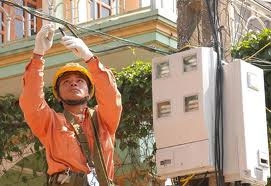 |
| illustration photo |
Under the government’s decision, electricity prices will be increased by 15.3 per cent on average, from VND1,077 (5.2 US cents) to VND1,242 (6 US cents) per kWh from this March.
The move came amid Vietnam’s rising inflation, fueling concerns that it will rise production costs for manufacturers.
But speaking at a government’s online conference last week, Deputy Prime Minister Nguyen Sinh Hung said the price hike was essential to reduce state budget losses and boost investments in the power sector.
The government expects high electricity tariffs will encourage independent private power investors to become involved in power projects.
Pricing is the biggest impediment to foreign investment in power plants as state-run Electricity of
Vietnam (EVN) currently sells electricity at a loss.
Hung revealed that EVN lost $386.4 million in 2010.
Last year, the government also raised electricity tariff by 6.8 per cent.
“The price hike indicates the government is trying to implement a market-led electricity pricing mechanism by 2014 as scheduled,” said Dang Cong Huan, deputy general director of private firm Trung Nam Group, which is investing in three hydropower plants and one wind power farm in Vietnam.
“A higher price will a allow independent private investors to feel more comfortable to negotiate selling price with EVN,” he said.
Huan said the new power prices were good news for Trung Nam Group in negotiations for a power purchasing agreement with EVN for its $200 million wind power farm in the central province of Ninh Thuan.
Due to insufficient power plants and the fast rising power demand in association with Vietnam’s rapid economic development, the country is facing severe electricity shortfalls.
“Higher tariffs will hurt our businesses, but nobody wants more power cuts,” said Pham Chi Cuong, chairman of Vietnam Steel Association.
Nonetheless, right after the electricity prices are raised, EVN last week announced it would implement power cuts in shifts nationwide from March.
EVN, the country’s sole electricity distributor, also the largest power investor, said record-low levels at Vietnam’s water reservoirs are hurting hydropower production, which accounts for 40 per cent of Vietnam’s total electricity production.
“Power outages can only be eased in the long term, once more private investors are engaged in power plants. We cannot ask to ease power shortages right after raising tariffs,” said Huan.
He said the government should call for more foreign and domestic private investors to build thermo, solar and wind power plants.
Foreign investors, in recent years, also have said they would invest more in power plants in Vietnam if the government raise power prices.
“I strongly believe that the current tariffs are too low,” said Ti Chee Liang, chief executive officer at Malaysia’s Janakuasa, which is negotiating with EVN and the Ministry of Industry and Trade for building the 1,200MW Duyen Hai 2 coal-fired plant in Tra Vinh province.
He said an independent private power developer required about $2 billion to implement a green field 1,200MW coal-fired plant, adding that the only way to source for such large funds were from financial markets outside Vietnam.
“As a result of the financial crisis, international lenders are imposing tougher lending criteria and one of the most important criteria the banks impose is the requirement of a high debt service coverage ratio. This means that an private power investor must be able to demonstrate that it has a robust cash-flow and this can only be achieved through a reasonable tariff,” said Liang.
What the stars mean:
★ Poor ★ ★ Promising ★★★ Good ★★★★ Very good ★★★★★ Exceptional
Related Contents
Latest News
More News
- M&A prospects bright in many sectors (November 21, 2024 | 11:54)
- M&As working in tandem with health development (November 21, 2024 | 11:29)
- Slow disbursement hinders ambitions (November 21, 2024 | 09:00)
- Mitsubishi Estate launches Logicross Hai Phong - a milestone in logistics evolution (November 20, 2024 | 14:32)
- Semiconductor workforce partnerships deliver industry-relevant training (November 20, 2024 | 10:58)
- German Quickpack to invest $31.7 million in Long An province (November 20, 2024 | 09:31)
- Foreign-invested enterprises drive logistics investment in the southeast region (November 20, 2024 | 09:27)
- Chile visit underscores trade benefits (November 19, 2024 | 10:00)
- Trump’s second term impacts sci-tech activities and industry 4.0 technologies (November 18, 2024 | 10:00)
- Vietnam eyes nuclear revival to bolster energy security (November 14, 2024 | 16:46)


 Tag:
Tag:



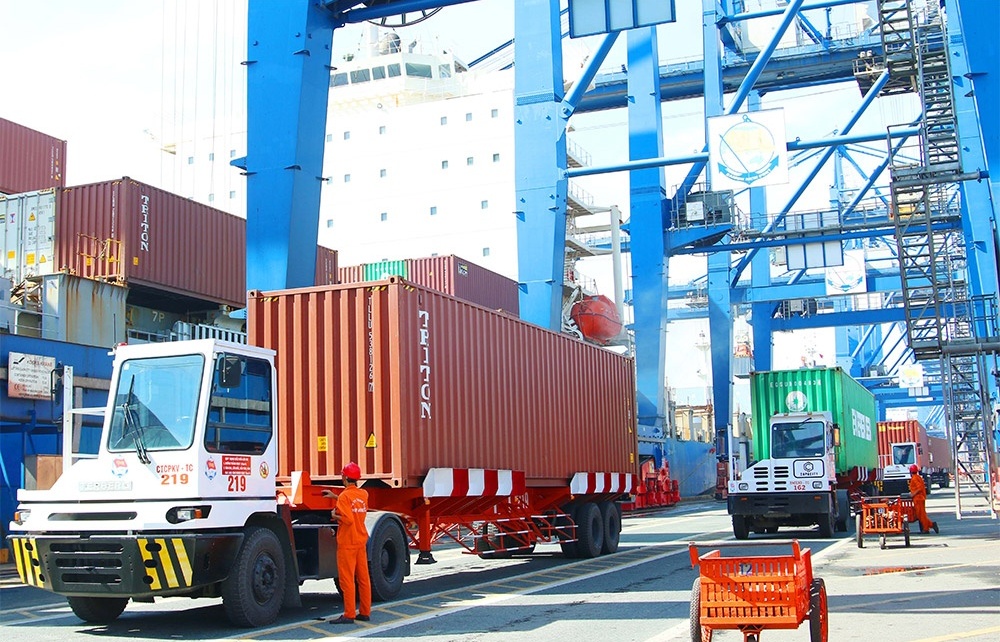

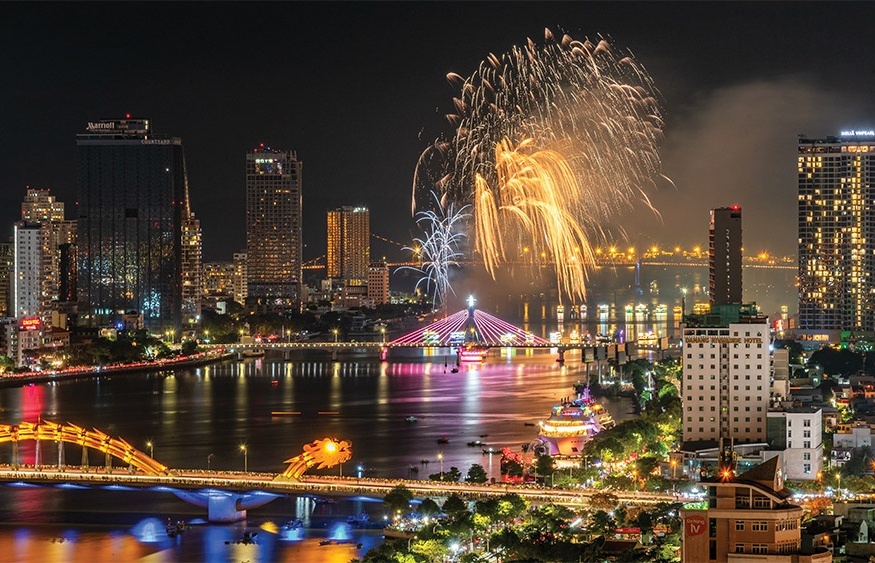
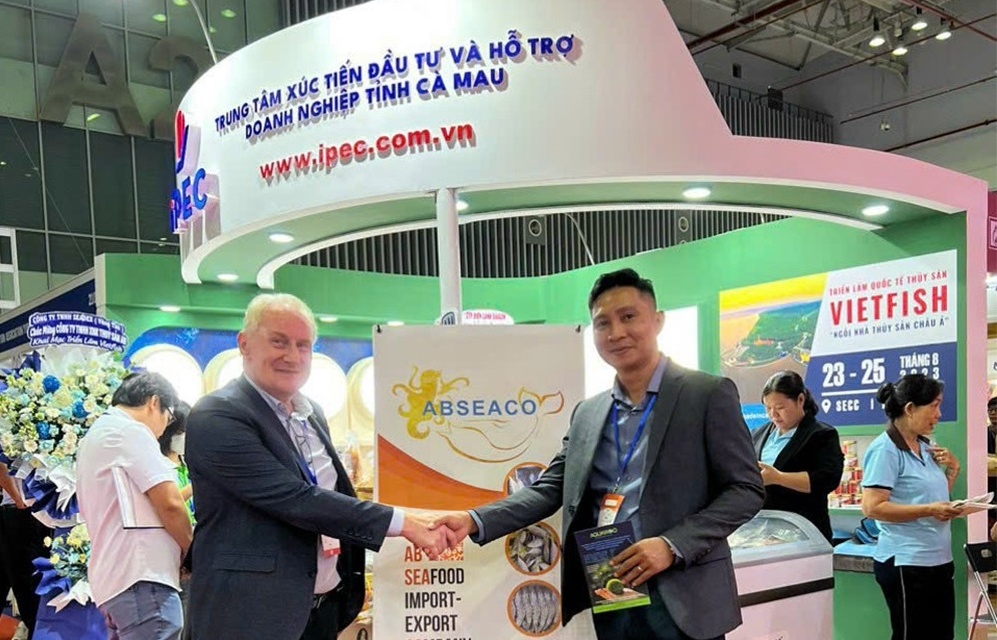

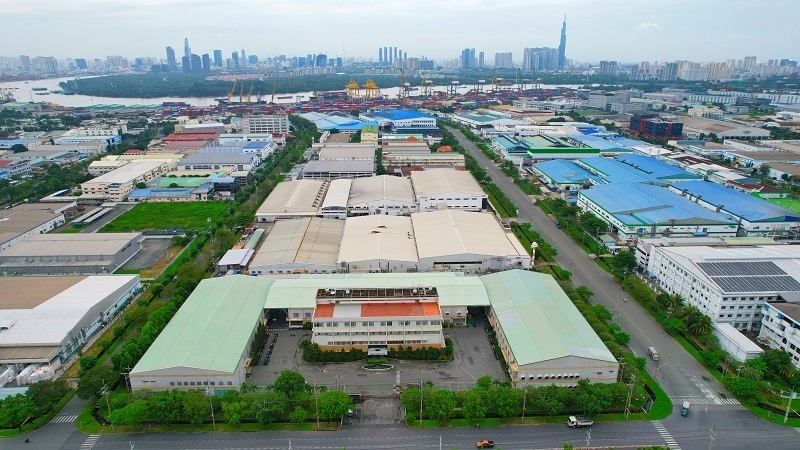
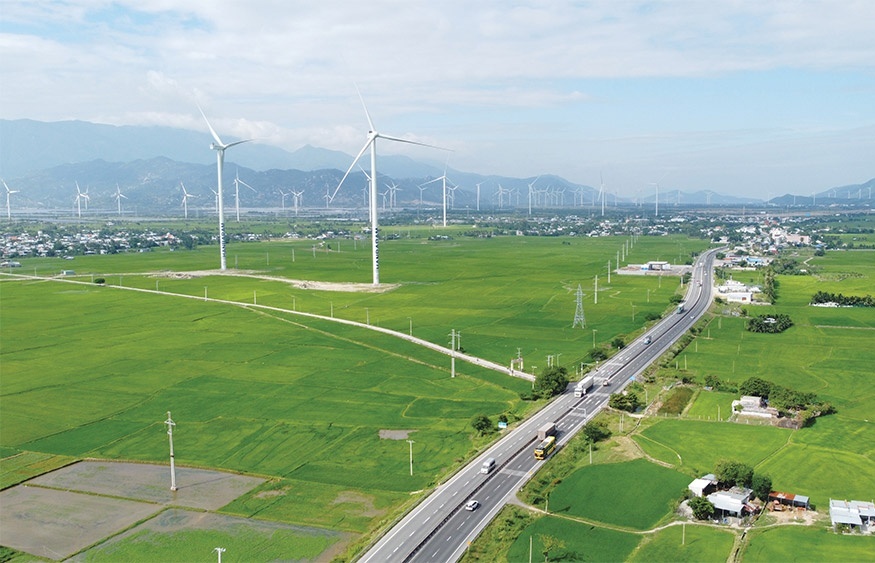






 Mobile Version
Mobile Version